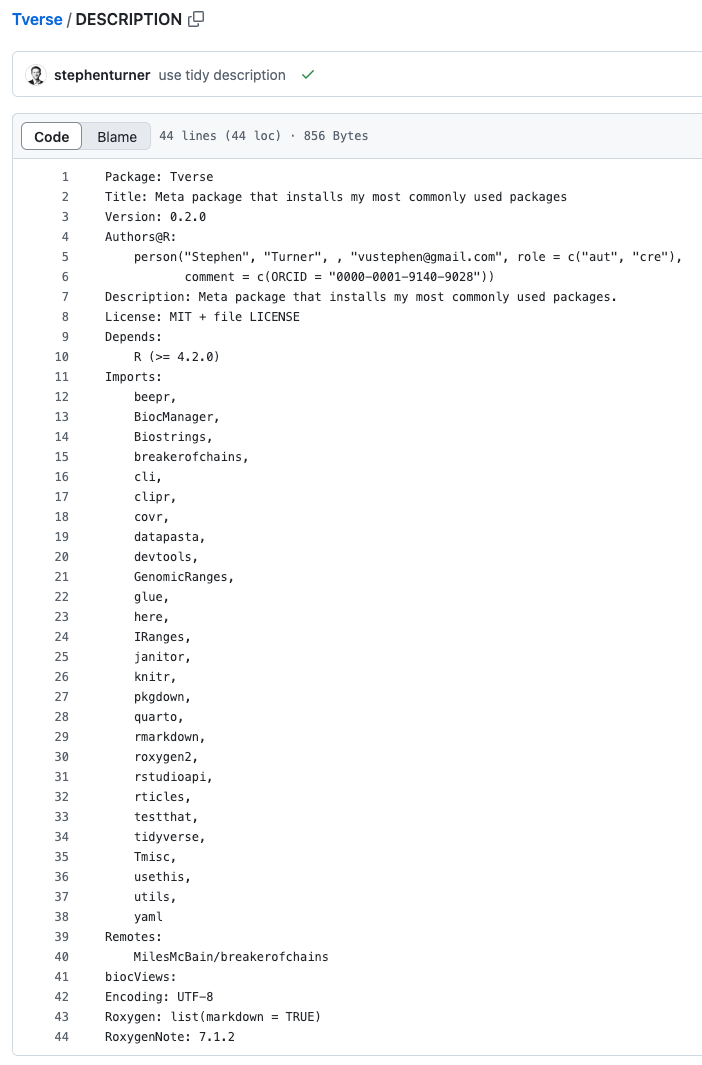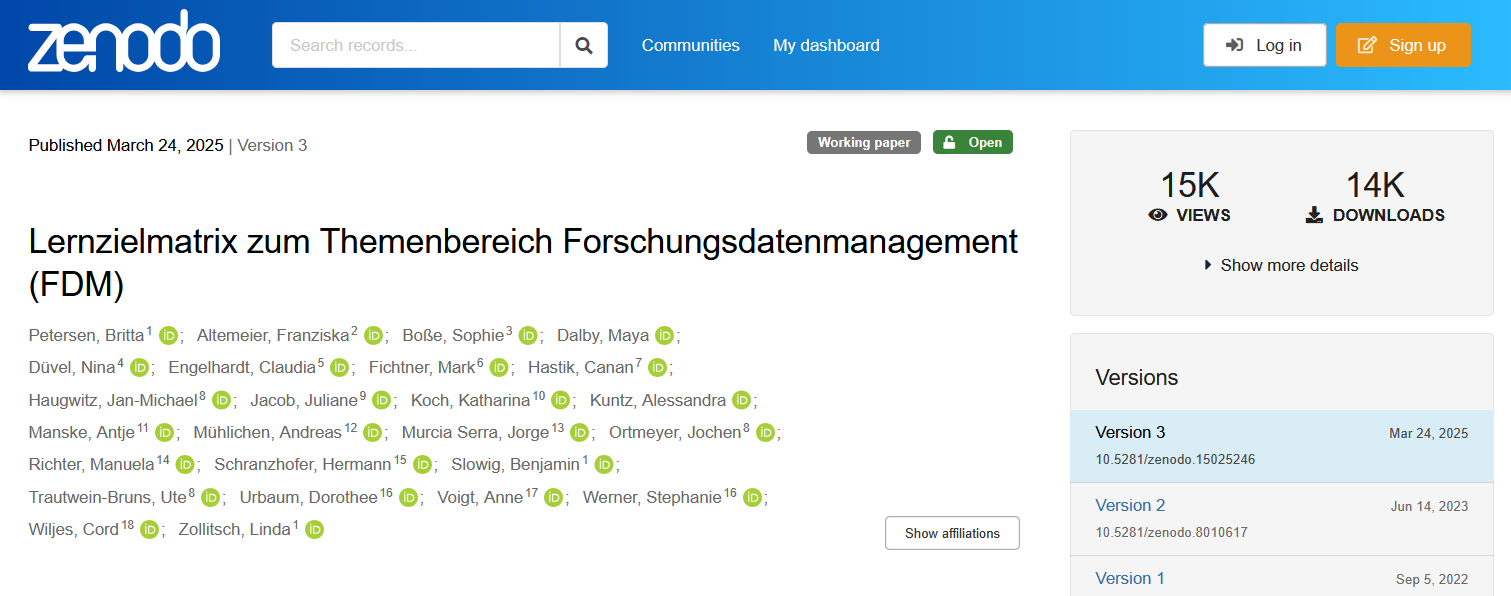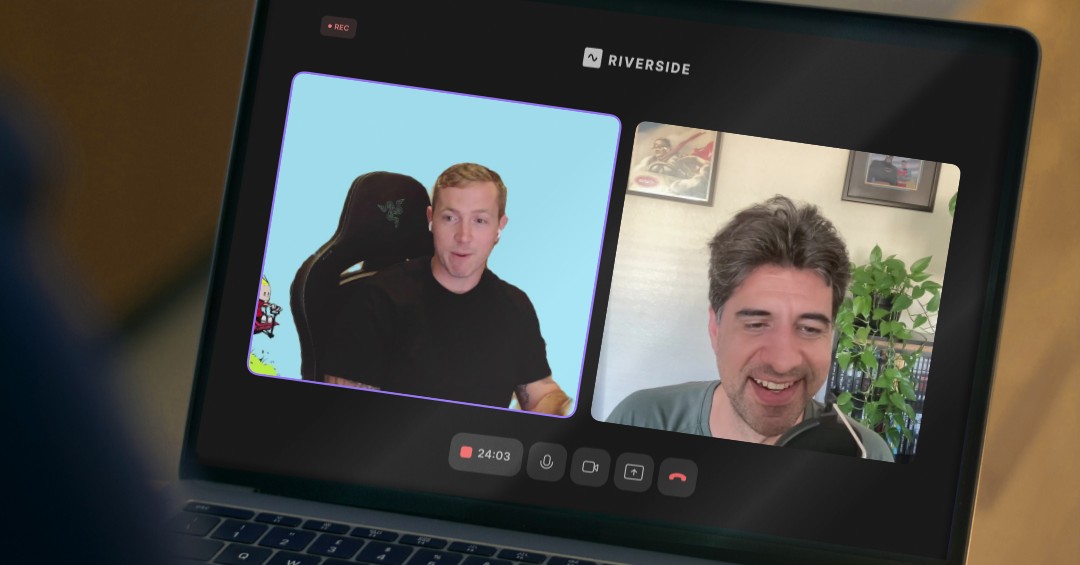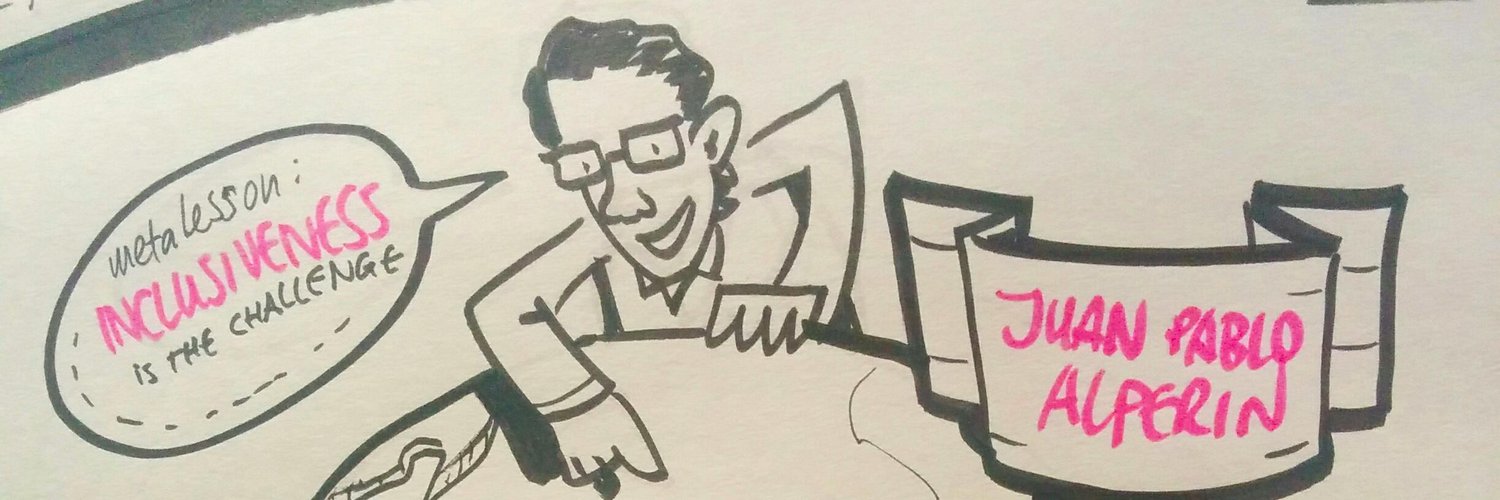Reposted from the original at https://blog.stephenturner.us/p/codex-positron. Last month I wrote about agentic coding in Positron using Positron assistant, which uses the Claude API on the back end.Positron Assistant: GitHub Copilot and Claude-Powered Agentic Coding in R Stephen Turner·Jul 16Read full story Yesterday OpenAI announced a series of updates to Codex, the biggest being an IDE extension to allow you to use Codex in VS
Rogue Scholar Gönderileri
Reposted from the original at https://blog.stephenturner.us/p/positron-assistant-copilot-chat-agent I have a little hobby project I’m working on and I wanted to use the opportunity to fully make the switch to Positron from RStudio. I used Positron here and there when it first came out, but now that it’s out of beta and has a more complete feature set (like remote SSH sessions!) I have everything I need to switch and not look back.

You upgrade your old Intel Macbook Pro for a new M4 MBP. You’re setting up a new cloud VM on AWS after migrating away from GCP. You get an account on your institution’s new HPC. You have everything just so in your development environment, and now you have to remember how to set everything up again. I just started a new position, and I’m doing this right now.

There is a quote by William Gibson, science fiction author, that goes: “The future is already here, it’s just not evenly distributed.”The same is true in the research landscape with […]

Es gibt ein Zitat von William Gibson, Science-Fiction-Autor, das lautet: „Die Zukunft ist schon da, sie ist nur ungleich verteilt.“ Genauso ist es in der Forschungslandschaft mit IT-Kenntnissen und Datenkompetenzen.

I brought the science, and Sean brought the fiction. How a novel partnership built Synthetic Eden into a hard science fiction take on modern bioethics and genetic engineering.

This month marks one year since the Dutch Research Council (NWO) introduced grant IDs—an important milestone in our journey toward more transparent and trackable research funding. We created over 1,600 Crossref Grant IDs with associated metadata. We are beginning to see them appear in publications.
Choosing where we source the food that we eat makes a difference to the environment, but by how much? After churning through around 100 petabytes of data, beginning with our LIFE metric and moving onto food provenance maps and import/export data for the world, we now know the answer can vary by three orders of magnitude for species extinction risks.
In this interview with HighWire Press's Tony Alves, we learn that thanks to customer requests and a PID-aware development process, the publishing platform DigiCore Pro uses ROR in form lookups and automatic extraction processes for author affiliations, funder identification, peer reviewer affiliations, user disambiguation, and research integrity.

As ScholCommLab co-director Juan Pablo Alperin continues advancing in his career, he reflects on the path that brought him here.
por Lorena Torres Salmerón Dos crónicas noveladas de reciente publicación exploran distintas manifestaciones de las consecuencias sociales de la violencia que día con día atraviesa nuestro país. Por un lado, Fear is Just a Word, escrita por Azam Ahmed, y publicada a finales del 2023.